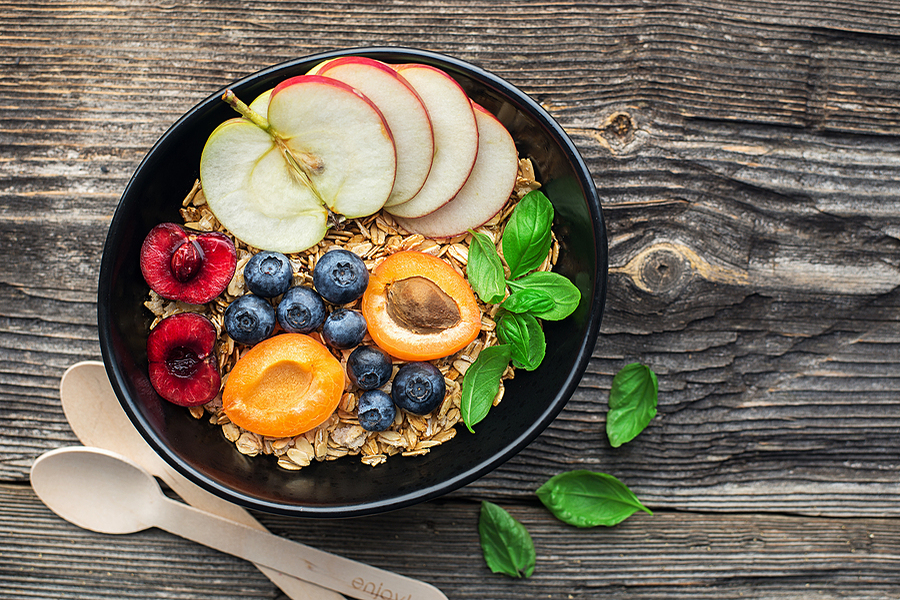Dry skin is an unpleasant condition characterized by scaling, itching, and cracking. It can happen for several reasons. You may have naturally dry skin. Having dry skin is totally normal, even for oily skin types.
Any region of your body might be affected by dry skin. The hands, legs, and arms are typically impacted. In many cases, simple lifestyle adjustments and over-the-counter moisturizers are required to treat it.
Food plays a vital role in skin health. A person’s skin may be better able to fulfill its protective duties if they eat a healthy, balanced diet. Certain meals may also assist in protecting and moisturizing the skin. Consider these dry skin prevention methods.
- Yogurt and milk
Milk and yogurt, when consumed, contribute high-quality proteins to your daily diet. Furthermore, yogurt is beneficial to a healthy digestive system, implying a clean stomach and healthy skin.
Your homemade face pack of raw milk or yogurt is also handy. Yogurt contains lactic acid, which is connected with closing delicate pores, reducing wrinkles, and exfoliating characteristics that leave your skin feeling softer and radiant.
- Sweet potato
These excellent tubers are delicious, highly healthful, and perfectly dry skin cure. This root vegetable has two types of skin-protecting nutrients: vitamin A and beta carotene.
Furthermore, vitamin A promotes skin repair, while beta carotene enhances the skin’s protective barrier, aiding in moisturizing and plumping skin cells.
- Kiwi
Kiwifruit is a good source of vitamin C as well. One medium kiwi contains 71 percent of the DV for vitamin C.
A shortage of vitamin C can harm the skin, causing joint pain, slowed wound healing, and iron deficiency.
Vitamin C provides additional health benefits in addition to skin hydration and preventive activities.
Consuming vitamin C, for example, can reduce the risk of developing cataracts and may diminish the severity of cold symptoms.
- Protein
The fundamental units of protein synthesis are amino acids. When absorbed from our diet, they are used as building blocks for the 10,000+ proteins that your bodies require.
Protein is required as a structural element in every cell and tissue in your body. The building blocks of skin are the proteins collagen and keratin. Healthy skin requires high-quality proteins.
- Sunflower seeds
Sunflower seeds are high in vitamin E. One ounce of dry-roasted sunflower seeds contains 7.4 mg or 49 percent of the daily value.
Vitamin E is an antioxidant that can help battle the adverse effects of UV exposure on the skin, such as dryness and pigmentation.
Combining vitamin E with a vitamin C source may help minimize inflammation and flushing the skin.
- Coconut oil
This popular ingredient isn’t just suitable for cooking; it’s also a superb moisturizer with numerous applications for hair and nails. It can be eaten raw or used as a butter or vegetable oil cooking alternative.
Coconut oil, which is high in antioxidants, unlike most foods, can also be applied topically to the skin to help moisturize it.

